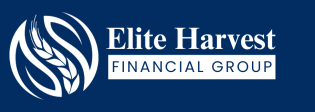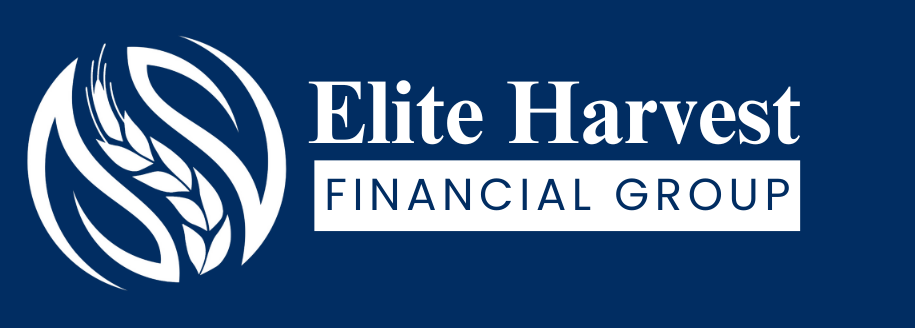Ensuring Your Loved Ones Are Protected and Financially Secure with Life Insurance in Canada
Life insurance is a crucial financial tool designed to provide peace of mind and security for your loved ones in the event of your passing. In Canada, life insurance policies are tailored to meet the diverse needs of families, ensuring they are protected and financially secure. Here’s a comprehensive look at why life insurance is essential and how it can benefit your family.
Understanding Life Insurance
Life insurance is a contract between an individual and an insurance company, where the insurer agrees to pay a designated beneficiary a sum of money upon the insured’s death. This benefit, known as the death benefit, can be used to cover various expenses, including funeral costs, outstanding debts, and everyday living expenses.
Types of Life Insurance in Canada
- Term Life Insurance: This type of policy provides coverage for a specific period, typically ranging from 10 to 30 years. It is often more affordable and is ideal for individuals who need coverage for a finite period, such as until their mortgage is paid off or their children are financially independent.
- Permanent Life Insurance: This policy provides lifelong coverage and includes Whole Life and Universal Life insurance. It is more expensive but offers additional benefits such as cash value accumulation, which can be borrowed against or used as an investment.
Benefits of Life Insurance
- Financial Security: Life insurance ensures that your family will have the financial means to maintain their standard of living, even in your absence. This includes covering everyday expenses, mortgage payments, and educational costs for your children.
- Debt Coverage: Outstanding debts, such as car loans, credit card balances, and personal loans, can be paid off using the death benefit, relieving your loved ones of financial burdens.
- Funeral Expenses: Funeral costs can be substantial, and a life insurance policy can cover these expenses, allowing your family to focus on grieving and healing without financial stress.
- Estate Planning: Life insurance can be an essential part of your estate planning, providing liquidity to cover estate taxes and ensuring a smooth transfer of assets to your heirs.
Ensuring Your Loved Ones Are Protected
- Assess Your Needs: Determine the amount of coverage you need based on your financial situation, debts, future expenses, and your family’s lifestyle. Consider consulting with a financial advisor to accurately assess your needs.
- Choose the Right Policy: Select a policy that aligns with your needs and budget. Consider factors such as the length of coverage, premium costs, and additional benefits like cash value accumulation.
- Regular Review: Life changes such as marriage, the birth of a child, or purchasing a home can impact your insurance needs. Regularly review and update your policy to ensure it continues to meet your family’s needs.
- Designate Beneficiaries: Clearly designate beneficiaries and keep their information up to date. This ensures that the death benefit is distributed according to your wishes.
Conclusion
Life insurance in Canada is a vital component of a comprehensive financial plan, providing a safety net for your loved ones. By ensuring your family is protected and financially secure, you can have peace of mind knowing that they will be taken care of in your absence. Take the time to evaluate your needs, choose the right policy, and regularly review your coverage to safeguard your family’s future.







